
Some may find maths is difficult, boring and uninteresting. However, there are those who see art, beauty and power in maths.
Why are there such differing perspectives? We will explore this question in our new two articles and get to the essence of what makes a quality maths education.
When Ms Wang, our Secondary Maths Coordinator, first joined Hiba, she tested the pupils in their ability to use logic and cooperate with their peers.
The test was a game in which ten pupils are arranged in a row from shortest to tallest. Each pupil in the row was randomly given a black or white hat, and they were asked to guess what colour hat they were given using logic and reasoning. Only one wrong guess was allowed.
"It was our first lesson, so I wanted to see how well they worked as a team and applied their reasoning skills. This game gave me an overall impression of pupils' personalities and capabilities. It proved useful for future teaching." explained Ms Wang.
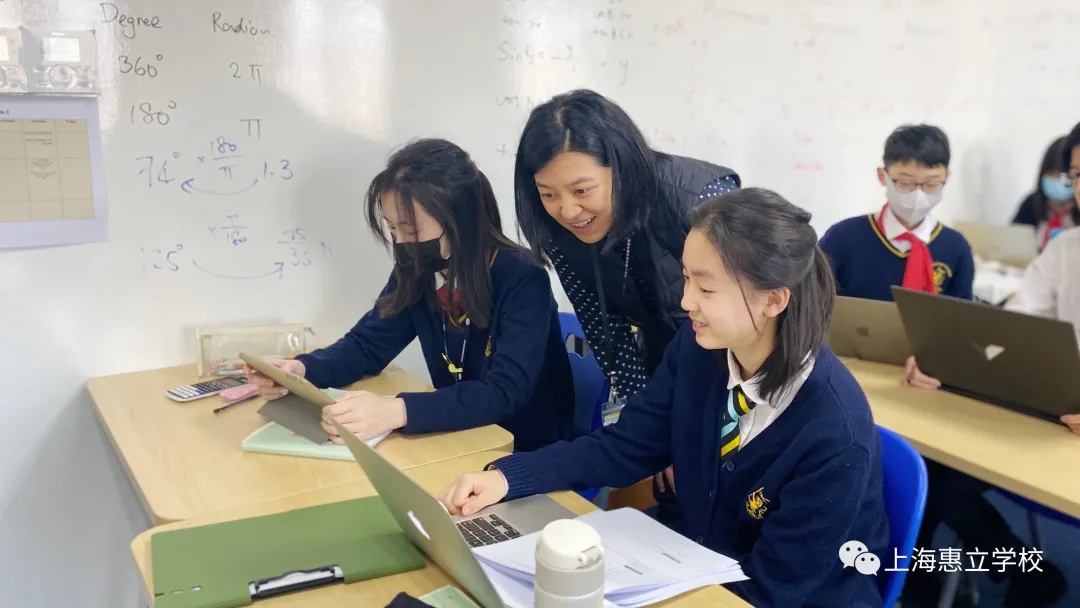
We got a lot of feedback from parents about this lesson. Many children came home, saying how impressed they were by their first maths class.
Ms Li also shared her first maths lesson that she took when she was a grade 9 pupil.
Her maths teacher was a young man who had just graduated from university, and in his first lesson, rather than discussing theories and concepts, he just told a story about how the famed mathematician and philosopher René Descartes outwitted pirates.
It was an 'unconventional' lesson, but when Ms Li recalled her maths education after all these years, this was the lesson that impressed and influenced her most.
It inspired her to study in Electronic Information Engineering in the University of Science and Technology of China and further her doctoral study in the Chinese University of Hong Kong.
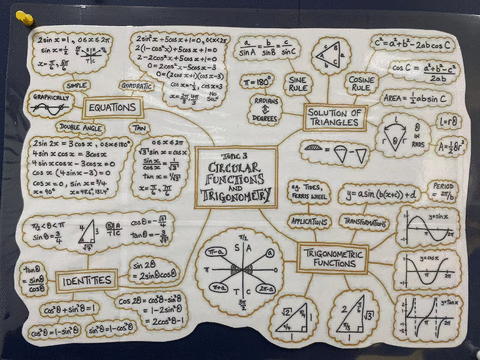
This first lesson, which had almost nothing to do with maths, became her continuous research motivation. After becoming a teacher herself, she reflected on how to deliver such an important ‘maths lesson’ to pupils that may affect their life and make them remember even after graduation.
The point of both of these anecdotes is this: maths can be interesting, fun and engaging. It is just a matter of how the subject is taught.
Focusing only on quantities and computations can be dry and intimidating to some. But we can reach even more pupils by looking beyond the numbers and showing them how maths work in the real world.
In conventional maths teaching, most teachers give a mathematical concept, formula or theory and explain how to apply this when solving a problem, and most teaching stops there. Teachers explain the 'what' and the 'how'. They seldom explain the 'why'.
But the 'why' is the most interesting part of maths.
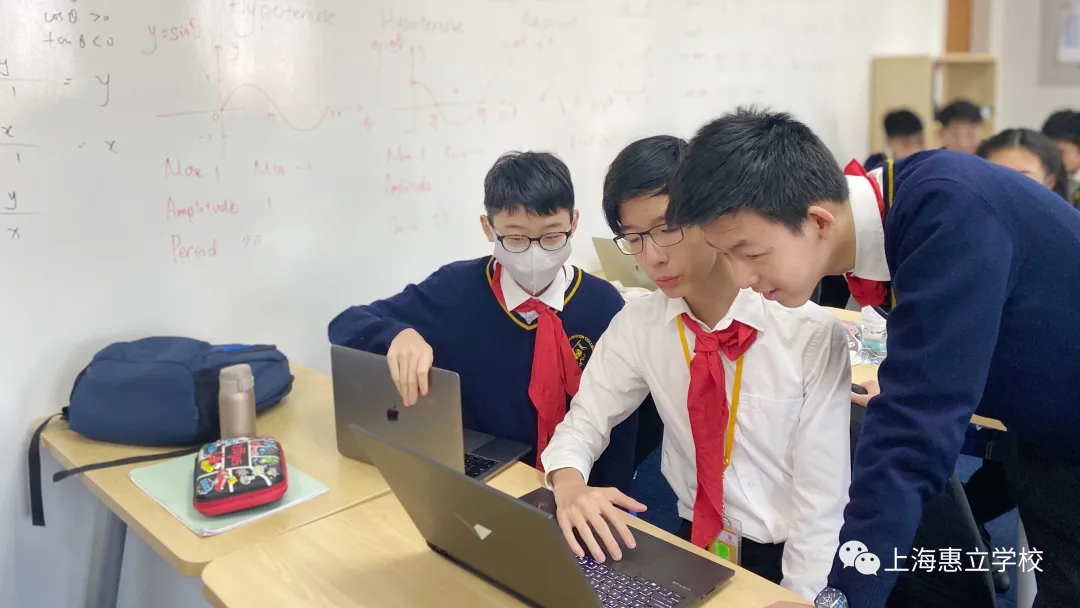
Our teachers often find that our pupils are great at solving problems, but when asked 'why' the solution works, they often cannot explain.
By exploring the 'why' of maths, our pupils develop a deeper understanding of the logical, linear thinking. This is essential in cultivating a capacity for metacognition, which will have big impact on how they learn other subjects as well.
Hiba maths teachers have a wide range of backgrounds and work experience. Some teachers come from renowned public schools. Others have several years of experience in international schools. The whole maths team is constantly growing and improving.
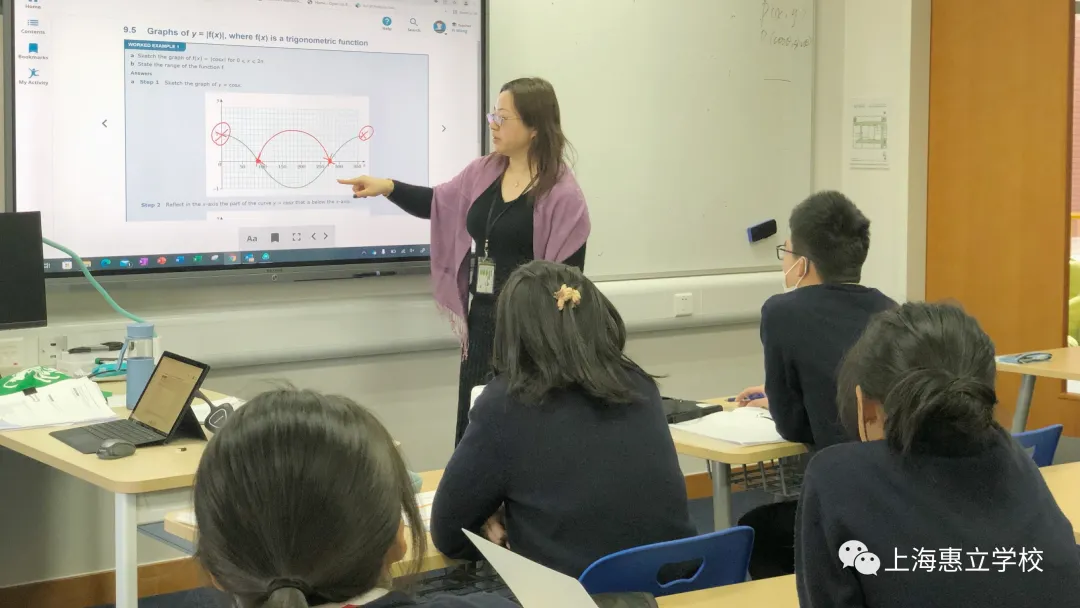
Ms Wang had six years’ experience in teaching a private school in UK. Comparing the differences between teaching in the top school in the UK and Hiba, she said: "Hiba's maths teaching puts the most advanced educational ideas into practice. Small classes allow us to spend more time and effort on lesson planning without being overburdened by other teaching tasks.
Most importantly, Hiba’s co-teaching brings together teachers from different backgrounds for lesson planning, drawing on each teacher's strengths, their teaching experiences and educational philosophies. Many public schools in the UK cannot do it this way."
Ms Li's background in research field compels her to place a strong emphasis on the practical application of maths. Through her sharing of real-life research projects, pupils gradually develop the mathematical skills that will serve them well in university and beyond.
"Throughout research, pupils learn to think and draw conclusions. If their ideas are influential, they can write and publish papers. Ultimately they will find that the world is a better place because of their research." Ms Li explained.
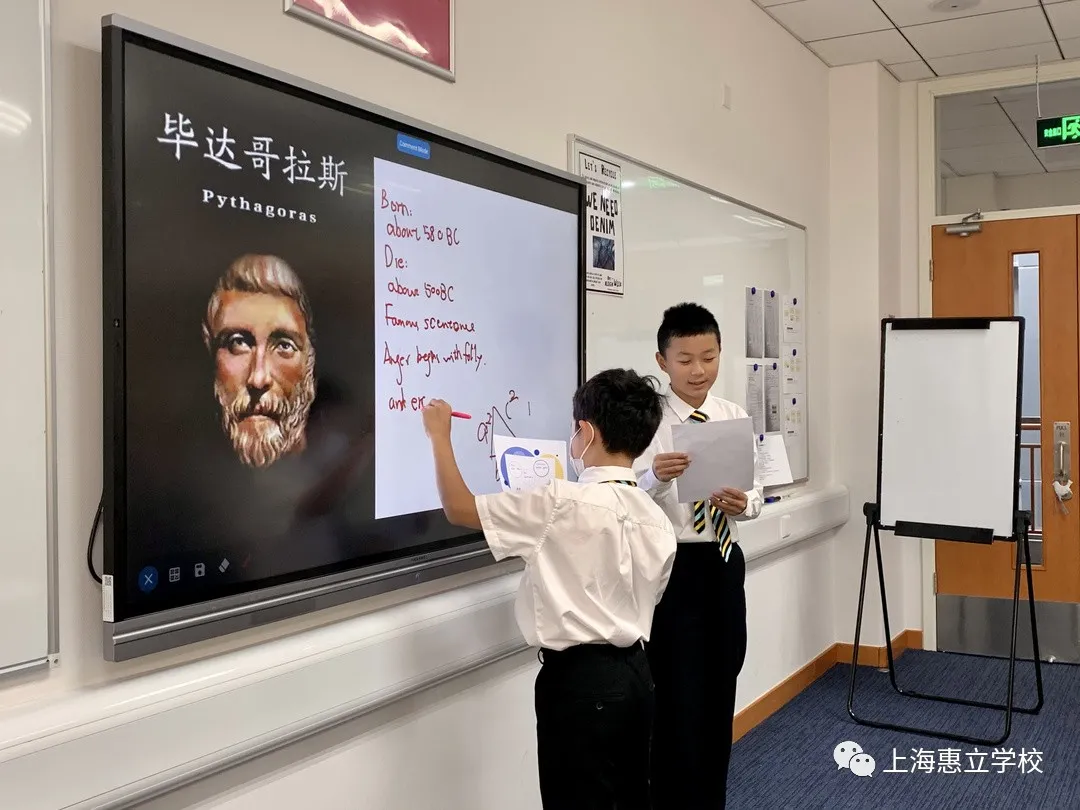
Co-teaching gives teachers like Ms Li the opportunity to share her ideas as she learns from other teachers.
Her colleague Ms Ren added: "We often share our different opinions on maths and see the subject from diverse perspectives, such as history, humanity and arts. We discuss together and do our best to integrate all these into maths."
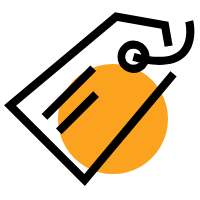
Hiba's maths curriculum aims to teach pupils different perspectives on knowledge, so that they can take meaningful and practical maths lessons that will benefit them for the rest of their lives.
Please stay tuned for our second article in this series.
Content support in courtesy of
Hiba secondary school’s maths department